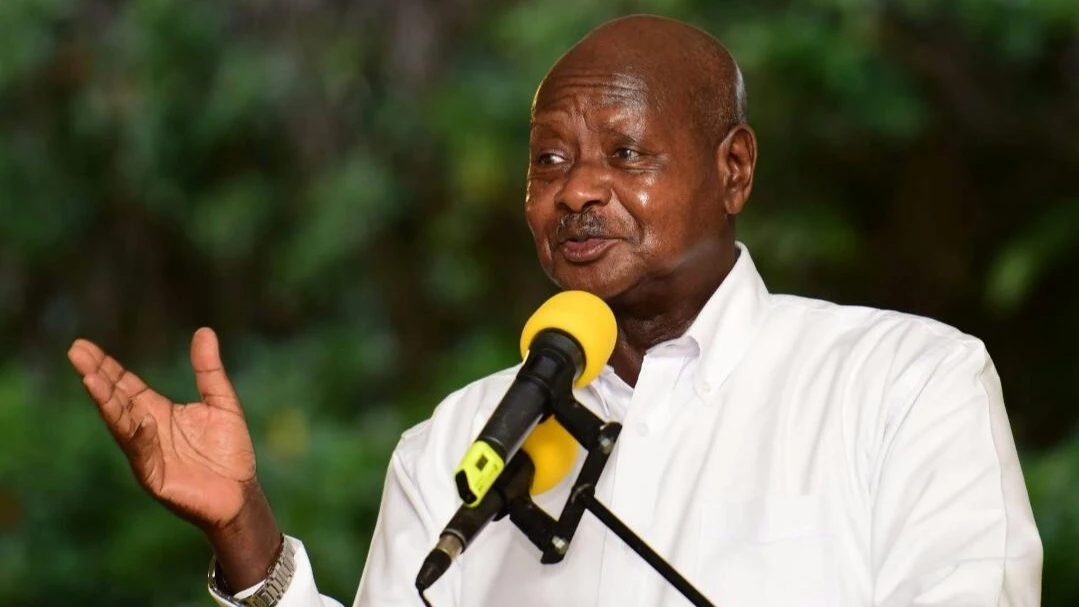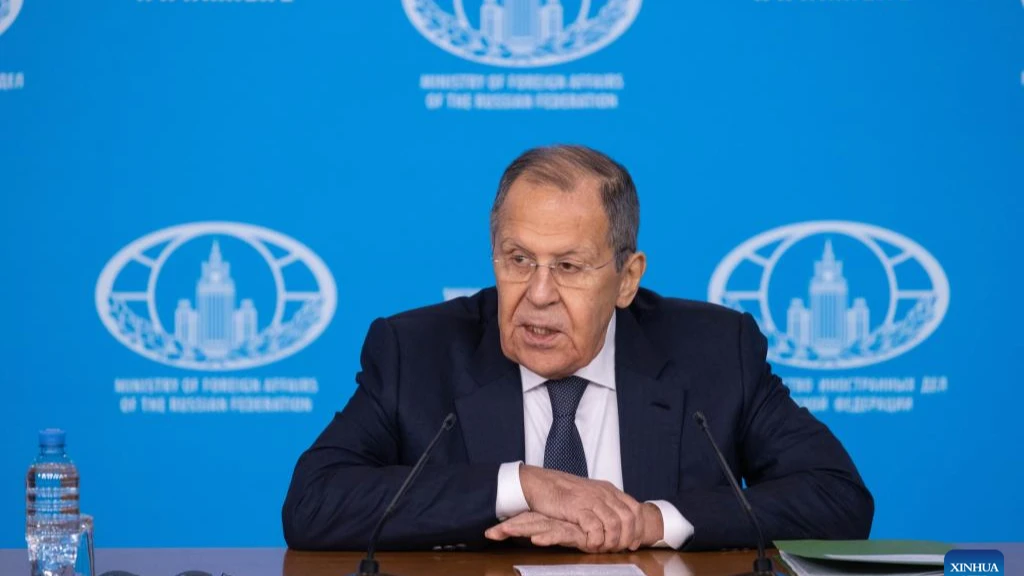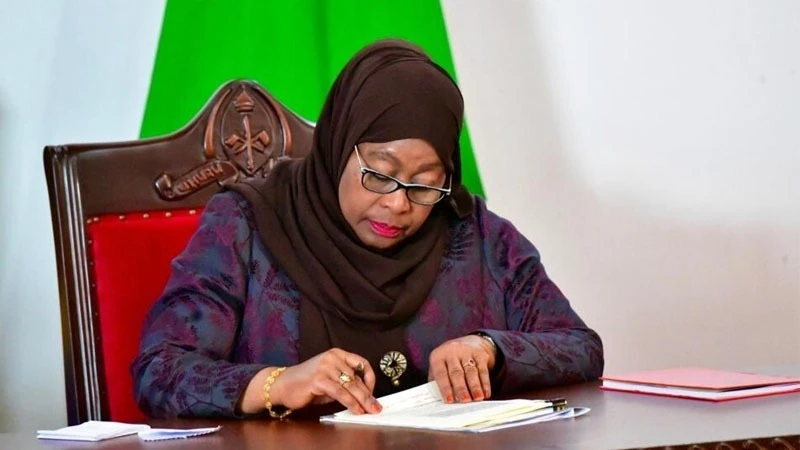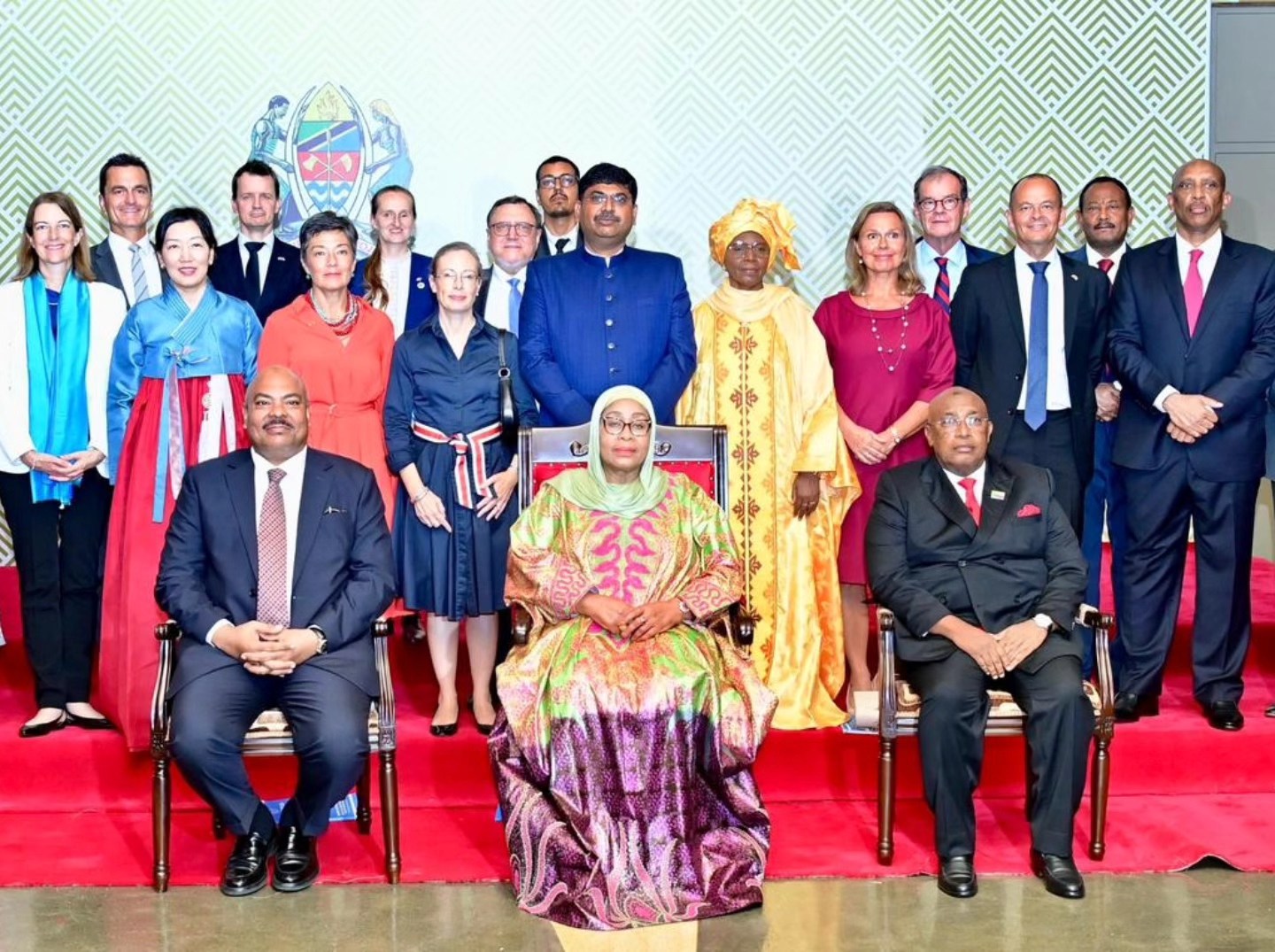Uganda to benefit from BRICS cooperation

Uganda's admission as a BRICS partner state presents an opportunity for the East African country to benefit from deeper ties with some of the world's largest emerging markets and to facilitate its own development, a senior official has said.
Starting Jan. 1, 2025, Uganda officially became a BRICS partner state, along with eight other countries.
"We have joined a platform or an association of countries that are highly industrialized, some of which have evolved from similar circumstances to where we are now," Minister of State for Foreign Affairs in charge of Regional Cooperation John Mulimba told Xinhua recently.
"BRICS offers a significant opportunity to learn from their technological advancements and innovations, including the use of information and communication technology as a tool for societal transformation," he added.
He said that within the BRICS framework, Uganda positions itself as an investment destination, offering abundant resources such as energy and mineral resources sought after by member states.
If Uganda or Africa's natural resources undergo just five percent value addition, more than five million jobs could be created for the region's youthful population, Mulimba emphasized.
He said that Uganda's admission as a BRICS partner state provides an opportunity to seek financing alternatives outside Western credit institutions, which often come with numerous conditions.
BRICS is an acronym for Brazil, Russia, India, China and South Africa, the five major emerging markets with significant economic potential. The bloc's membership has expanded since its first summit in 2009. In Africa, Egypt, Ethiopia and South Africa are the only full member states of the bloc.
BRICS aims to challenge the Western-dominated global order, particularly institutions like the IMF, World Bank, and the US dollar as the global reserve currency.
Following the 2023 BRICS Summit, six countries (Argentina, Egypt, Ethiopia, Iran, Saudi Arabia, and the UAE) were invited to join, with their memberships taking effect in January 2024.
By 2025, these new members are expected to be integrated into the bloc's strategies, potentially reshaping the group's global influence.
Analysts say the inclusion of new members like Saudi Arabia, UAE, Iran, and others signals BRICS’s ambition to increase its geopolitical and economic weight.
BRICS nations represent a significant portion of global GDP (approximately 30 percent in 2023) and population (over 40 percent).
Despite its ambitions, BRICS faces internal challenges such as Border disputes (e.g., India-China), divergent foreign policies, and alignment with rival powers and varying levels of economic development among members make policy alignment difficult.
Economic and political analysts say by 2030, BRICS could potentially rival G7 in terms of economic influence if it successfully strengthens internal trade and cooperation, overcomes internal political and economic challenges and positions itself as a leader in green energy, technology, and sustainable development.
Top Headlines
© 2025 IPPMEDIA.COM. ALL RIGHTS RESERVED

























